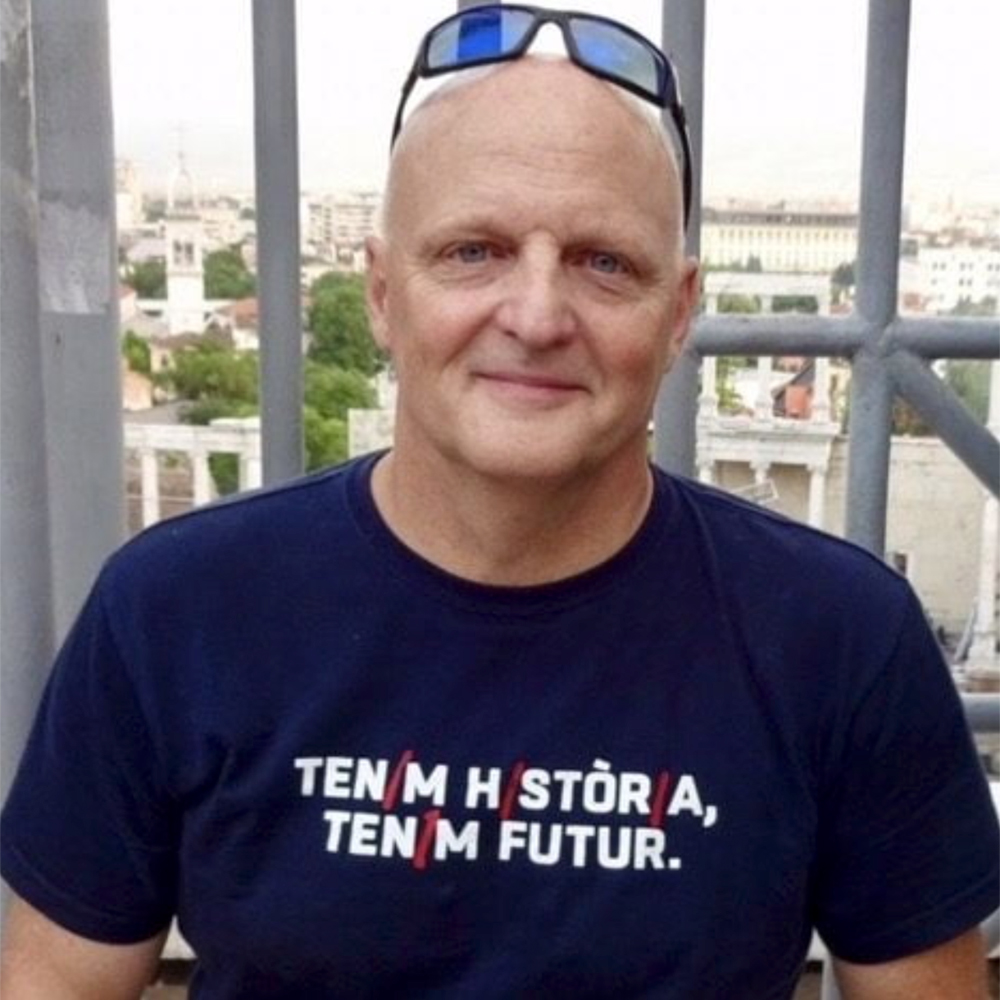From 1564 to 1966 the Vatican regularly published and updated its famous Index Librorum Prohibitorum; that is, a list of books that were deemed to be off-limits to any right-thinking Catholic. The church’s reasoning on this was simple. And it went something like this.
Given the inherent fallibility of human beings, it was important that the clerisy guard its flock against contact with “misinformation” derived from “unreliable sources” that might divert their hearts and minds from what should always be their prime goal: gaining eternal salvation through the intercession of God’s institutional representation here on earth: the Church of Rome.
The creation and maintenance of the censorious Index was animated by what philosophers call a priori thinking; that is, a process of intellectual inquiry characterized by reasoning absent evidence from first principles. It works for mathematics, geometry, and other disciplines rooted in logical deduction. Applied to natural sciences, humanities, anthropology, politics, and history, it speaks to a desperate desire to justify the status of previously determined “truths” that fortify a particular and often highly self-interested view of reality.
As is so often the case, the timing of the decision to create this official list of impure and dangerous readings was no accident.
For nearly a thousand years prior to the inception of the Index, the lettered functionaries of the papacy had exercised a near total monopoly over how its vast and largely illiterate flock could interpret and visualize the designs of the Almighty.
However, all that began to change when, in the middle of the 15th century, Johannes Gutenberg perfected the technology of movable type. From this moment onward books—and more specifically the Bible—which up until that time could only be reproduced by hand and was thus available to a very limited slice of the population, suddenly became a more or less widely available consumer item. Over the next half-century the numbers of those able to read, and to thus develop their own shadings of God’s intentions, grew exponentially.
It was in the midst of this new “do-it-yourself” intellectual ferment that Martin Luther generated his Ninety-five Theses,” which would forever change the relationship between the commoner and state power in Western Europe.
To say that in issuing his critique Luther was taking on Rome would certainly be correct. But it would also be woefully incomplete, for Rome was in many fundamental ways a political appendage—and at the same time an essential symbolic guarantor—of the era’s unquestioned political, social and economic superpower: a Spanish-led Habsburg Empire.
In other words, to question the power of Rome was not a mere theological gambit, but also a deeply political one that struck at the very roots of a vast network of interlocking interests stretching from South, Central and North America, on to Spain as well as much of today’s Belgium, Holland, Italy and Austria.
Aware that the uncontrolled spread of Luther’s critique would seriously damage the cohesion of this enormous bundle of interests, the Church, working hand-in-glove with its Spanish Habsburg patrons, inaugurated the Council of Trent in 1545.
The goal of this 18-year long series of high-level meetings was quite clear: to coordinate a vast propaganda effort designed to centralize governance, codify and enforce the rituals, restrict the circulation in Europe of the emergent intellectual currents of Protestant thought (with their relatively strong emphasis on individual conscience and textual reasoning), and to establish new, more sensually appealing iterations of what it meant to live in the grace of a Catholic god.
While it is always dangerous to make definitive judgments on the broad course of history, subsequent events would seem to suggest the Counter-Reformation launched in Trent, while fomenting the production of some of the most beautiful art the world has ever seen, ultimately fell short of its prime political goals.
During the succeeding centuries, the train of social and political progress in Europe, and the West more broadly, would for the most part be driven by those countries—as Weber famously suggested in the particular realm of economics—that had embraced the relatively more individualistic and rational-textual ethos of Protestantism.
In short, for all of the vigorous efforts of brainy proselytizers like the Jesuits, the pre-packaged truths of the Church could not compete with the thrill that many people were now deriving from reading and arriving at their own conclusions about the world and the workings of the heavens above.
For the last seven decades the US, like the Habsburg Spain of the early 16th century, has lived a rather charmed existence, rooted in the fact that they were the only allied power to escape the ravages of war on their own soil.
And like the Spaniards who surged to global prominence on the basis of a largely accidental encounter with—at least to their eyes—a pillage-ready continent overflowing with natural resources, they convinced themselves that their good fortune was really the result of their unique moral virtues. And its leadership class worked assiduously, as the Jesuits would do after Trent, to create the sense among the homeborn population and the rest of the world that God truly did favor us more than any collective on the face of the earth.
Indeed, during the first four decades after WWII, it was easy for those living with the US cultural system to believe that this was, in fact, the case. In many ways, and I say this as someone who came of age in that sweet spot between the end of Vietnam and the inception of financialized capitalism, we truly were perhaps more free than any group of young people in the history of the world.
But what we saw as our right in perpetuity, the country’s economic and social elites saw as a gift, one that could only be extended to us as long as their “right” to constantly increase their wealth and power remained undiminished.
By the mid-90s, as the rest of the world finally began to catch up to the US in terms of economic productivity and living standards, it was clear that the elite’s “rightful” returns on investment were shrinking and something would have to give.
Playing with new financial instruments to spur wealth can only benefit so many for so long. And while the media did its best to convince Americans that all were, in fact, benefiting from the newly charged Wall Street casino, the realities of Main Street were telling people a very different story. That common citizens could, thanks to the Gutenberg-like effect of the early internet, begin to create ever more accurate narratives of what was being done to them, only heightened their sense of anger and betrayal.
Faced with the growing disenchantment of its citizens, the government and its allies in Big Finance began setting up the machinery they believed they would need to quell the inevitable rise of popular dissent down the road.
When we examine them closely, we can see that the invasions of Panama and Iraq in the early 1990s were, above all, experiments in domesticating the media. The crisis following September 11th was used to accustom people to heretofore unfathomable and flatly unconstitutional intrusions into the private realm of their lives, something I am reminded of each time I pass the huge sign saying “All Cars are Subject to Search” as I approach the departure drop-off point at Hartford’s Bradley Airport.
With the Covid crisis, the Power Elites have gone in for the kill, seeking to deprive us all of the most basic of our freedoms, the one from which all others are derived: the right to decide what we will put into our bodies.
That so many people, especially on the left where the rhetoric of bodily sovereignty has long been used to defend a woman’s right to an abortion, cannot see the fundamental nature of the struggle we are in is nothing short of astonishing… and is, sad, to say, a tribute to the extremely well-executed nature of their propaganda drive to banalize and relativize the essential nature of the freedoms we once enjoyed.
But there is hope. And it comes from observing the incredible intellectual poverty of those now running the culture-planning machine at the highest levels of government and business, from seeing how reflexively they now recur to a priori reasoning when attempting to convince us to follow their lead.
The examples before us are far too many to count. This week, for example, we found out that the Centers for Disease Control and Prevention has been hiding information about vaccine efficiency and safety out of a fear, according to that organization’s spokesperson, that releasing it might allow some in the general public to misinterpret it as demonstrating that the vaccines—which by any standard clinical metric for such things are highly ineffective—are, you guessed it, highly ineffective.
There you have it in a nutshell.
Just like the Catholic hierarchy of the 16th century which decided that truth and salvation could only be achieved through the intercession of the Church of Rome, and that therefore all intellectual activity must affirm this premise, the great mass of our politicians and public health authorities long ago decided that the only goal currently worth achieving is insuring the subjugation of as many bodies as possible to their dictates, and that all discussion around public health should thus militate toward that end.
This approach is, of course, massively dishonest and arrogant.
But most of all, it’s pitiful, for it speaks to a leadership cadre that no longer believes in anything, that is, except a desperate desire to hold on to power.
It speaks to a leadership cadre, that in the classic pattern of leadership cadres presiding at times of epochal change, seeks refuge in the mythologies produced by, and circulated within, their own very narrow circle of similarly socialized adepts, a small circle they tend, sadly, to mistake as being truly representative of the population as a whole.
It speaks to a leadership cadre that, in its narcissistic madness, assumes everyone else, especially the less credentialed, is just as crazy and spiritually barren as they are and cannot perceive the vast gap between their a priori “truths” and observable reality.
It speaks, in the end, to a leadership cadre that knows in its heart of hearts that it has absolutely nothing to offer us, and strongly suspects, moreover, that its present prominence and power are the product of a long-running bluff and that, like all bluffs theirs will collapse as soon as enough people of conscience and empirical rigor stop running from their own shadows, turn around, and—here’s where you cue up the visage of Justin Trudeau in your mind’s eye—begin laughing derisively in their frightened and inauthentic faces.
Join the conversation:


Published under a Creative Commons Attribution 4.0 International License
For reprints, please set the canonical link back to the original Brownstone Institute Article and Author.









